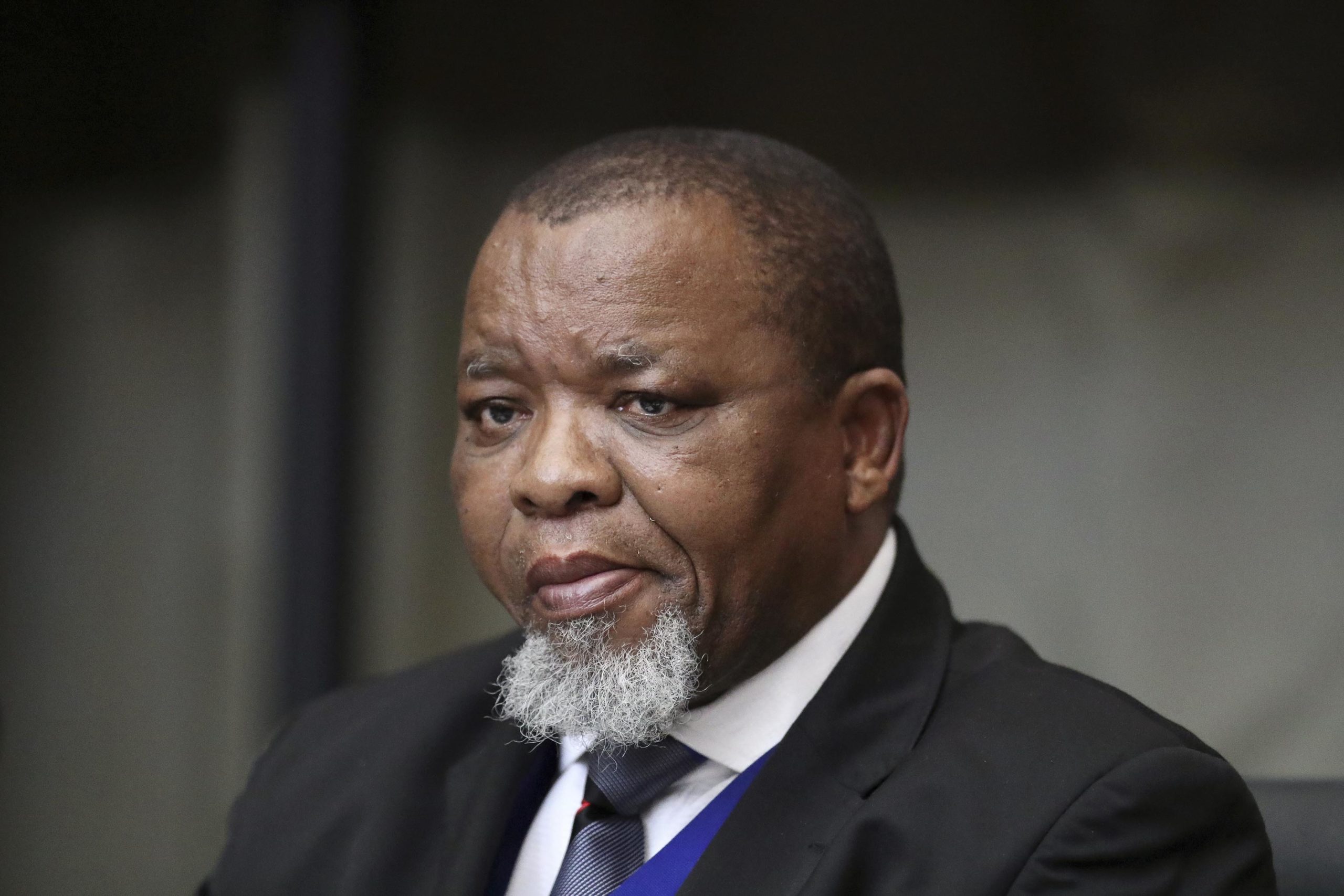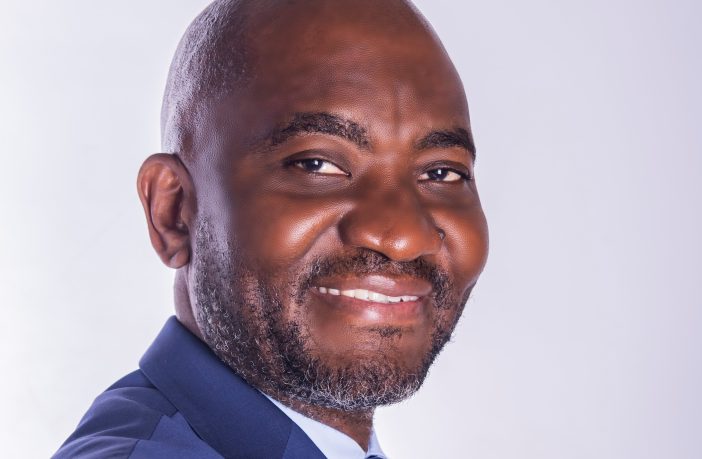- South Africa’s Department of Mineral Resources and Energy (DMRE) has again extended bid submission deadlines for the Renewable Energy Independent Power Producer Procurement Programme (REIPPPP) Bid Window 7 which seeks to procure 3200 MW of wind and 1800 MW of solar power plus the Battery Energy Storage Independent Power Producer Procurement Programme (BESIPPPP) BW2 which seeks to procure 615 MW/2 460 MWh across eight substations sites in the Northwest province.
REIPPPP BW 7 bid submission deadline previously extended from April 30 to May 30, is now pushed out to 15 August while BESIPPPP BW2, which was its submission moved from April 30 to June 6, is now extended to 29 August.
The two notices were published by the Independent Power Procurement Office (IPPO). Link to the two notices HERE

South Africa’s Minister of Mineral Resources and Energy, Mr Gwede Mantashe is responsible for drawing up the country’s Integrated Resource Plan. Image credit: Siphiwe Sibeko – Reuters
IPPO and the Department of Mineral Resources and Energy (DMRE) under which it falls, has repeatedly missed their own legal and commercial close deadline set for several new generation procurement programmes. None more glaring that 12 outstanding projects named as preferred bidders in the country’s REIPPPP Bid Window 5. The projects, awarded back in October 2021, were not bid ready or bankable at the time. The ongoing deadline inconsistency and incompetence has caused massive reputational damage to the country’s once globally respected renewable energy procurement programme. Read more
Related news: Preferred bidders must shoulder blame for delay in financial close of REIPPPP Bid Window 5 projects
The DMRE along with the IPPO is responsible for energy procurement in the country. Since the Independent Power Procurement Office (IPPO) was seconded to the Central Energy Fund in 2017 and then purged in 2019 to fall under the Department of Mineral Resources (DMRE), the ability of the country to procure new generation capacity has declined dramatically. Read more
Without any new generation capacity coming online, South Africa has been plunged into a massive energy crisis with rotational loadshedding happening almost daily throughout 2023, costing the economy is a massive R950 million a day. According to a report presented by the University of Cape Town, if 5GW of renewable energy was rolled out before 2021, the country would not have experienced load-shedding. Read more
This week the country held national elections which has seen the ruling party, the African National Congress lose the majority vote. An incoming coalition government is likely to reset the country’s energy sector strategy and leadership in the DMRE and IPPO. Where this leaves the country’s energy procurement programme is anyone’s guess.
Author: Bryan Groenendaal















